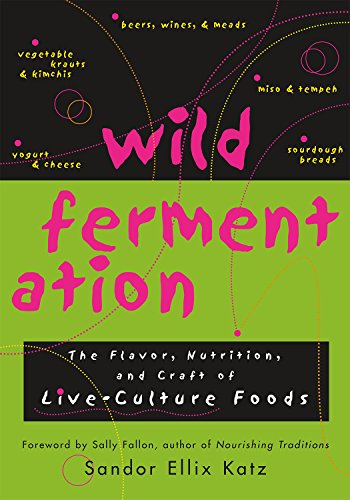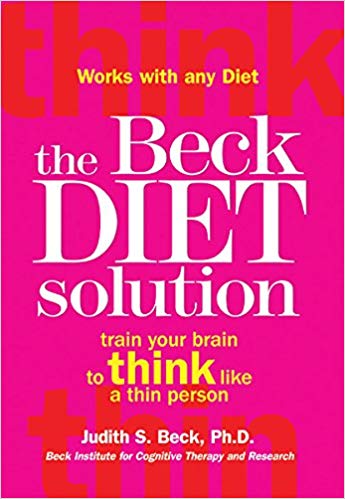There are things to consider when evaluating whether your supplements are worth taking. Are they what they purport to be? Are they effective? How will I know? Is what I find out trustworthy?
I want to ensure that I’m taking what was sold to me and it that it works. Supplements are expensive. I average $45 per month. Ouch. It’s important to me that I get what I’m paying for. Government oversight is going to vary depending on where you live. I can only speak to the situation in the United States.
Dietary supplements and ingredients are regulated by the Food and Drug Administration (FDA) in the U.S. There’s a catch though. According to their web site, it’s up to the manufacturers to ensure their products are safe and accurately labelled prior to sale. The FDA has to prove a product is unsafe or that the labeling is misleading to take it off the market. They have an advisory list of things which are under evaluation. It doesn’t necessarily mean that the ingredient is unsafe.
Supplement makers aren’t allowed to make any sort of medical claim that an ingredient can be used to treat, diagnose, prevent, or cure a disease. One will see standard disclaimers on packaging so they can cover their ass. It’s not clear from the FDA web site if they evaluate ingredients on their own. They take reports of adverse events and investigate.
Third party testing is gold standard for “is it what it is?” and the scientific literature is where one finds the trustworthy information. There are two independent testing organizations in the U.S. – ConsumerLab and NSF International. I encourage you to seek out supplements which have a third party evaluation. The product label will indicate if the supplement has been vetted by those organizations.
I wrote a couple of weeks ago about my supplement stack. I take supplements based on recommendations from my physician and my psychiatrist. I’m on B12, L-methylfolate, D3, and magnesium glycinate and eat a lot of turmeric. Occasionally I’ll add in some zinc when I need some immune support. Supplements are necessary for my optimum health so I spend the time evaluating the best choices, checking 3rd party evaluations, and reviewing the science.
There’s a protocol for determining if the science supports the efficacy of a given substance.
* who wrote the article? What credentials does the author have as expert?
* where is the article published? There is a difference between a blog post, a magazine, and a peer-reviewed article. Something which has been vetted by other experts has more.
*when was the article written? The more up-to-date the information, the better
*what type of article is it? Research articles can be exploratory studies, observational, experimental – with varying degrees of reliability, epidemiological, statistical, and “meta,” which is a review of all the research with advanced statistical techniques to determine overall state of the research
*how was the research funded? Can you trust research which was funded by a manufacturer vs. self-funded vs. government or grant funded? What is the personal financial interest of the researcher? This constitutes an evaluation of potential bias.
Ultimately, one is responsible for choosing what one ingests into their body. Doing an evaluation for yourself is an insurance policy for yourself.
 The gut microbiome is integral to health and initial exploratory research is associating with a variety of conditions such as IBS, and depression. At it’s most basic, the bacteria in your gut are a requirement for optimal digestion. Making probiotic rich foods at home is both easy and fun and doesn’t require a big outlay of money.
The gut microbiome is integral to health and initial exploratory research is associating with a variety of conditions such as IBS, and depression. At it’s most basic, the bacteria in your gut are a requirement for optimal digestion. Making probiotic rich foods at home is both easy and fun and doesn’t require a big outlay of money. It gives you six weeks of daily exercises to change certain ways of thinking which make it difficult to eat nutritiously and maintain your weight. They aren’t exercises that you need to get through in six weeks. Beck realizes that learning to incorporate each exercise into your life consistently can require practicing one at a time until the technique is solidly part of your daily routine.
It gives you six weeks of daily exercises to change certain ways of thinking which make it difficult to eat nutritiously and maintain your weight. They aren’t exercises that you need to get through in six weeks. Beck realizes that learning to incorporate each exercise into your life consistently can require practicing one at a time until the technique is solidly part of your daily routine.